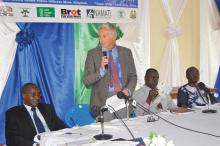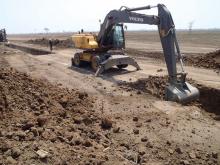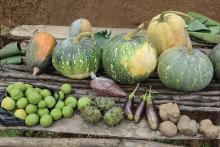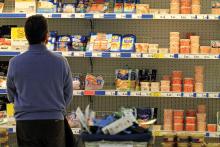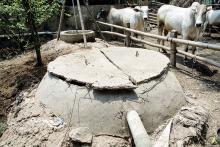Land Library
Welcome to the Land Portal Library. Explore our vast collection of open-access resources (over 74,000) including reports, journal articles, research papers, peer-reviewed publications, legal documents, videos and much more.
/ library resources
Showing items 1 through 9 of 26.Sub-Saharan Africa has always been perceived as a land-abundant continent. Deininger & Byerlee (2011) estimate that the continent has the largest area of potentially available uncultivated land.
Land registration and titling in Africa has been seen as a means of legal empowerment of the poor that can protect smallholders’ and pastoralists’ rights of access to land and other landbased resources.
In South Africa, policies of separate development and restrictions placed on capital expenditure imposed on the lands occupied by the indigenous people during the colonial era prevented the state from implementing the cadastre in the communal areas of the country.
Sierra Leone is one of the least developed countries in the world and is still recovering from a civil war that ended in 2002.
The buying up of farmland by international investors is viewed highly critically. However, sweeping judgements could be inappropriate, as our author demonstrates with survey results from Ethiopia and Uganda.
The Department of Mineral Resources is attempting to develop oil and gas drilling in South Africa through Operation Phakisa. The project is still in the early stages of research and exploration, but the Department aims to have 30 wells built in 10 years.
During the last few years, the donor community has increased its efforts to reduce the large amounts of fish lost in the distribution chain in artisanal fishery, an endeavour that ought to be welcomed in principle.
Providing extension and advisory services is expensive. There are salaries to be paid, transportation and operational funds to be provided, buildings to be rented or built, demonstration plots to maintain, and continued education to be offered to the extension staff.
Last year Angola earned 48 billion US dollars from petroleum. Yet the country that was once Africa’s largest agricultural producer is reduced to importing food. Now the government and private investors want to develop the agricultural sector, in the hope that Angola could become a new Brazil.




